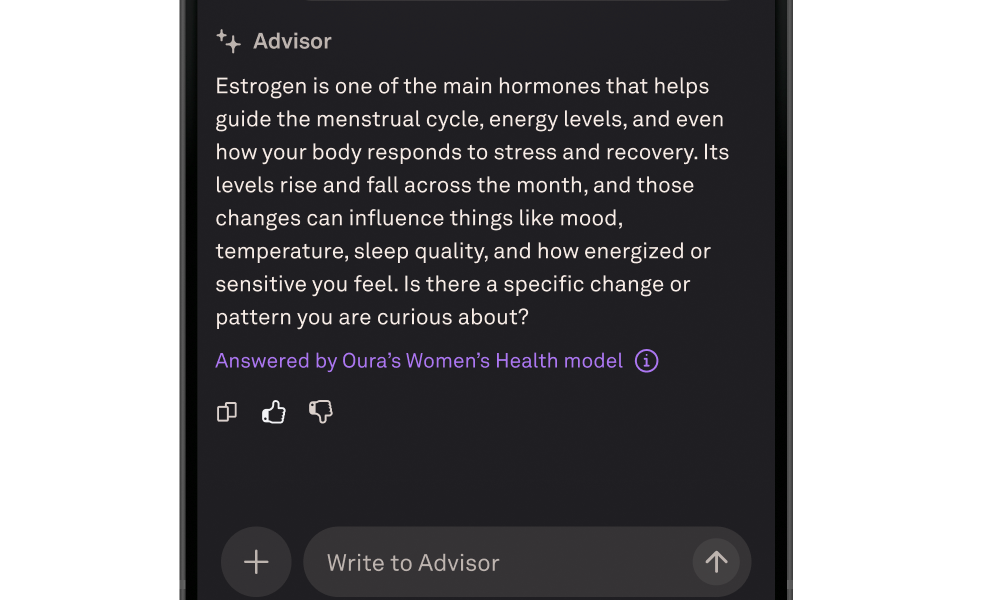There is a visible rush to adopt generative AI in enterprise settings, with leadership recognizing that AI could unlock benefits at a scale that other technology can match. Yet, it is also expected that, due to AI's recency and the breakneck pace at which it keeps advancing, those same companies can find themselves overwhelmed and without a clear path forward. How to set up a successful enterprise AI adoption strategy was one of several topics discussed by industry leaders DataStax CEO Chet Kapoor, NEA partner Vanessa Larco, and Fivetran CEO George Fraser at a panel in TechCrunch Disrupt 2024, where they shared their insights on navigating the evolving AI landscape.
While data remains fundamental to AI success, experts warn against the "boil the ocean" approach of throwing all company data at large language models. Instead, Larco advocates for working backward: "Start small, with internal applications, with very specific goals, and then finding the data that matches what you're trying to accomplish." In a similar tone, Fraser emphasized focusing on immediate challenges: "Only solve the problems you have today." He noted that 99% of innovation costs come from failed attempts rather than scaling successful solutions.
For his part, Chet Kapoor noted that relevance is essential for the success of many applications, noting that although closely related to scale and ease of use, relevance is not always fixed by throwing vast troves of data at a problem. Instead, the problem of finding the most relevant data for things such as a user query is qualitative: the data there is should be high-quality and related to the problem that companies are trying to solve. Moreover, on the issue of how companies could future-proof their investment, Kapoor mentioned using open-source technologies as a possibility, and although the panelists agreed that there is no such thing as infallible protection against having to start over, not falling into the temptation of tapping into generative AI's seemingly endless potential from the get go remains one of the best practices to follow.
Kapoor also likened the current state to the "Angry Birds era of generative AI," suggesting we're still in the early stages. While companies are beginning to implement AI in production environments, he predicts 2025 will be the "year of transformation" when applications will start meaningfully impacting company trajectories. The key takeaway? Success in generative AI requires targeted approaches, clear objectives, and patience as brave, trailblazing teams write the manual for this emerging technology.







Comments